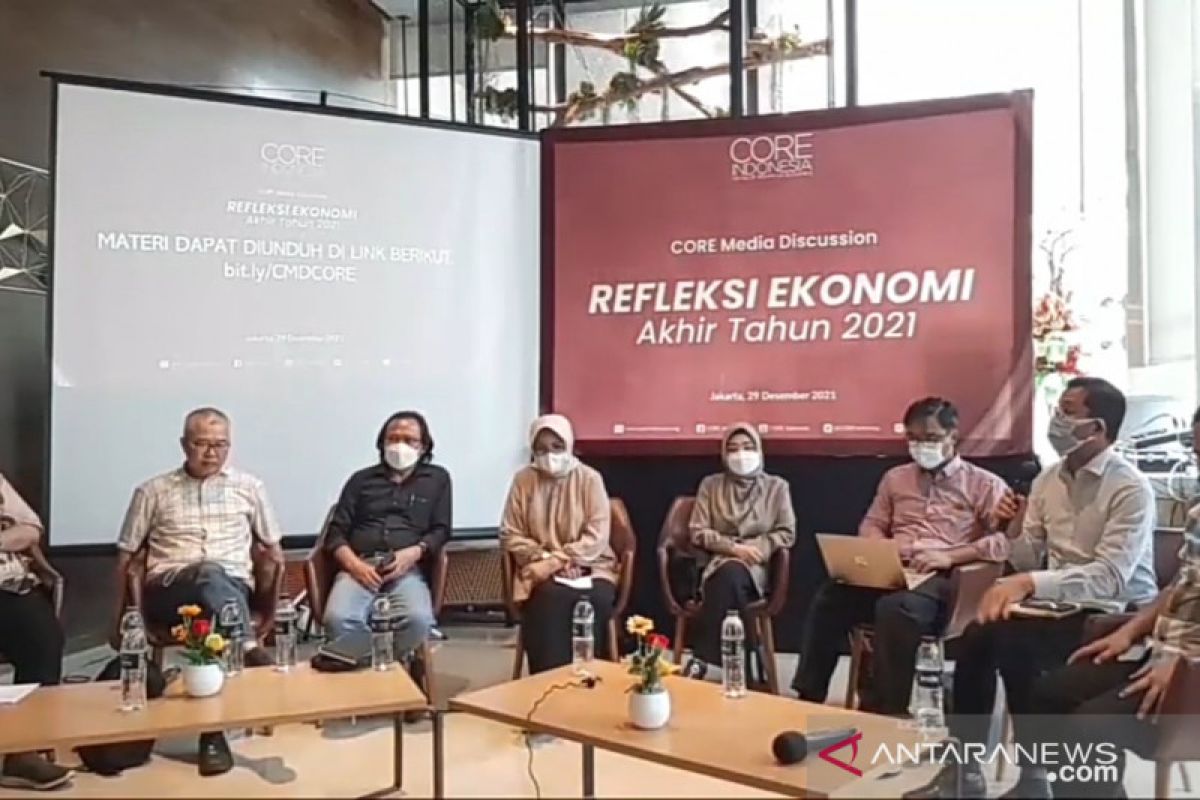"There is a need for a change in mindset and policy strategies in internet penetration that is followed with an economic 'cake' that is larger for all groups of society. Hence, the per capita income (PCI) increases, but the gap does not rise," Indonesian Center of Reform on Economics (CORE) economist Hendri Saparini stated at the webinar on 2021 economic reflection here on Wednesday.
Saparini highlighted that in the finance sector, before the popularity of peer-to-peer lending financial technology (fintech) or online lending, the public had recognized Microfinance Institutions (MFI).
With the existence of online lending, the MFIs could disappear, as they could not compete with the higher cost of funds, according to Saparini.
"Hence, what needs to be prepared is how the government can present positive aspects and offer other benefits from digitalization," he explained.
Saparini affirmed that the role of the authority regulating or managing MFIs and online lenders should be asserted, especially for those operating at the level of districts and cities.
Apart from fintech, the government must monitor the increase in the use of marketplace and e-commerce, he added.
Saparini deems it necessary since, nowadays, most people only use e-commerce services to sell products, but these items are mostly imported.
Hence, he called on the government to create a strategy, such as a more comprehensive policy, so that the increasing use of e-commerce can also boost recovery of the manufacturing industry structure.
According to Saparini, the fact that digitalization of the trade sector eases the benefits in various sectors of products, such as raw materials, should be viewed as opportunities through strategic policies.
Related news: Bank Indonesia officially unveils BI-Fast
Related news: Digitalization big opportunity for sharia economy: Amin
Related news: Legislator pushes for boosting digitalization in West Java's villages
Translator: Sanya S, Kenzu T
Editor: Sri Haryati
Copyright © ANTARA 2021










